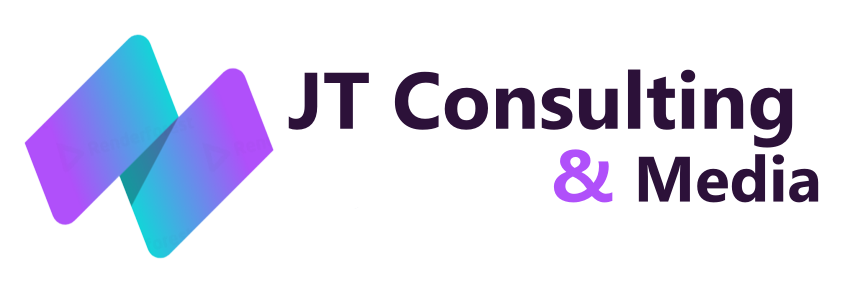Cambridge, MA – MIT EmTechAI: Kevin Bolen, Principal Advisory and Head of AI Transformation at KPMG, delivered a field-tested, pragmatic perspective on how organizations can find real value with AI in today’s business landscape. Drawing on decades of experience spanning the early internet era, natural language startups, and innovation strategy at KPMG, Bolen positioned the current AI revolution-especially the rise of generative AI (GenAI)-as fundamentally different from previous technology shifts. Unlike the internet or mobile, which required years for supporting infrastructure and business models to mature, GenAI is being layered directly onto a globally established digital foundation, leaving organizations with little “latency window” to adapt. This, he argued, demands a mindset shift from linear, one-time transformations to continuous, rapid evolution across all parts of the business.
Bolen cautioned against a narrow focus on cost savings, noting that while GenAI can deliver immediate efficiencies (such as automating translation or streamlining customer service), the real value emerges from what organizations do with the capacity AI frees up. He recounted how early automation efforts often failed to deliver promised savings due to human inertia and leadership uncertainty about how to redeploy time and talent. Today, he sees a similar risk: organizations may tout 10-20% productivity gains, but unless they have a strategy for reinvesting that capacity-into innovation, higher-value tasks, or new business models-they risk missing the bigger opportunity.
He advocated for a “portfolio approach” to AI value, encouraging leaders to balance three domains:
- Immediate, low-hanging fruit (such as automating repetitive tasks)
- Transformation-dependent savings (requiring significant change management and process redesign)
- Net-new opportunities (innovations and offerings only possible because of AI’s capabilities)
Bolen stressed that most organizations are currently locked in incrementalism, focusing on small efficiency gains rather than reimagining what’s possible. He urged leaders to look beyond their own institutional experience, seek outside perspectives, and ensure their AI initiatives span all three domains.
A critical challenge discussed was the impact of AI on workforce development, particularly for junior roles that traditionally provided essential on-the-job training and skill-building. Bolen noted that as AI automates entry-level tasks, organizations must rethink how they cultivate future leaders and critical thinkers. He emphasized the growing importance of skills like agent development and the ability to rapidly generate new solutions, warning that failing to address this could erode the talent pipeline and critical thinking capacity.
Audience questions highlighted other risks, such as over-reliance on AI tools leading to diminished critical thinking among employees, and the impact on traditional business models like the billable hour in professional services. Bolen acknowledged these concerns, pointing out that clients are already demanding transparency and faster delivery thanks to their own exposure to AI tools. He argued that firms must focus on delivering new forms of value-such as creative problem-solving and accelerated outcomes-rather than simply defending legacy pricing models. In closing, Bolen remained optimistic about AI’s transformative potential but stressed the need for a compassionate, human-centered approach to change management. He urged organizations to be pragmatic about the pace of value realization, realistic about the challenges, and above all, attentive to the human side of transformation-helping workers adapt, reskill, and thrive as AI reshapes the nature of work.
For more information, please visit the following:
Website: https://www.josephraczynski.com/
Blog: https://JTConsultingMedia.com/
Podcast: https://techsnippetstoday.buzzsprout.com
LinkedIn: https://www.linkedin.com/in/joerazz/


Leave a Reply
You must be logged in to post a comment.